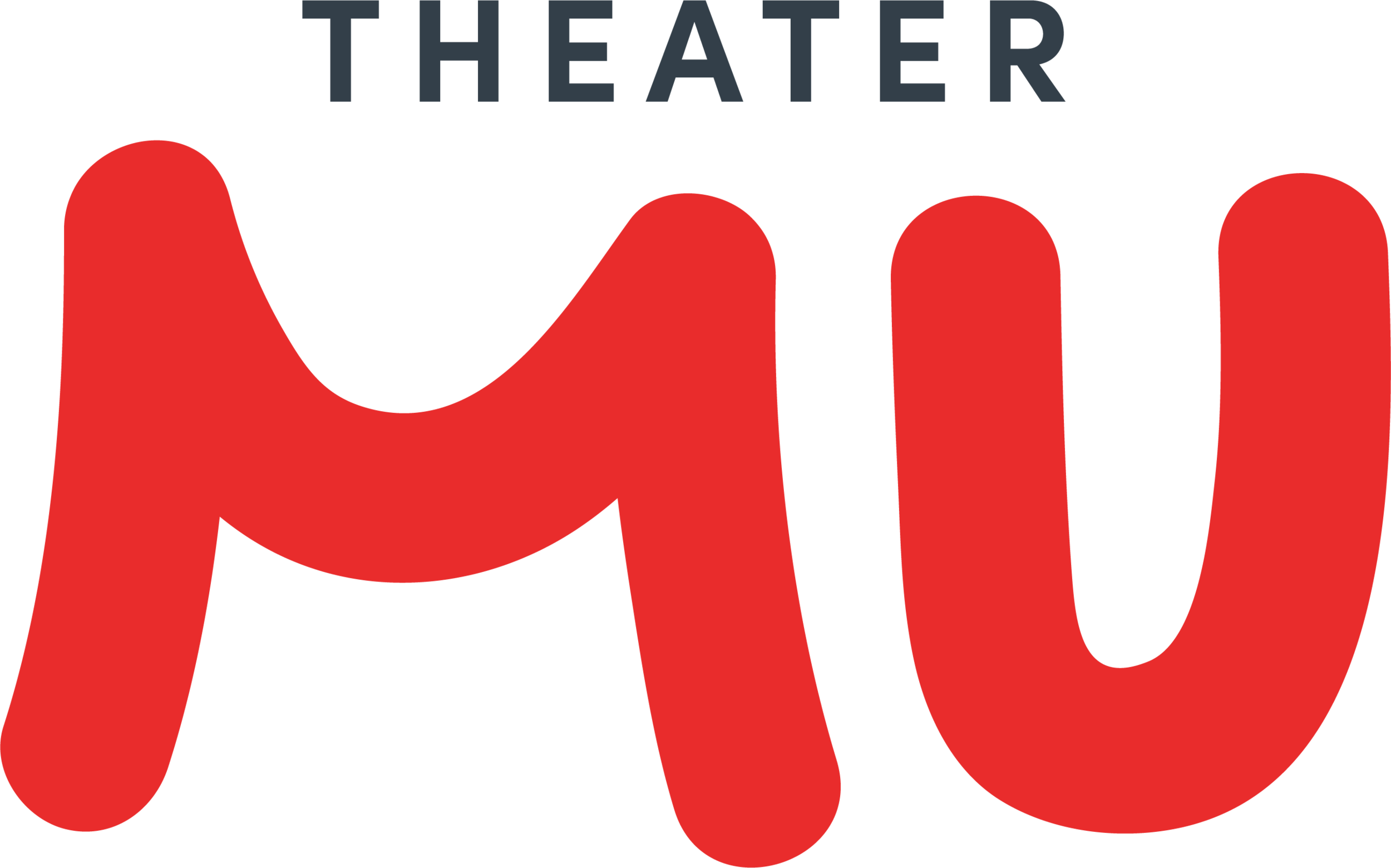Bruce Lee’s family calls ‘Once Upon a Time’ ‘a mockery.’ Is it insult or homage?
In Quentin Tarantino’s Tinseltown fantasia “Once Upon a Time … in Hollywood,” Bruce Lee faces off with Brad Pitt’s fictional stuntman Cliff Booth in a scene that some say makes fun of the martial arts icon.
In the cameo, Bruce Lee, played by actor Mike Moh, challenges Booth to spar outside the set of Lee’s TV series “The Green Hornet.” Lee is introduced holding court for everyone who will listen, bragging that he could beat boxing champ Cassius Clay, a.k.a. Muhammad Ali, in a fight: “My hands are registered as lethal weapons.”
But after talking a big game — and playing up his signature mannerisms and outsize confidence, knocking Cliff down in the first round — it’s Lee who gets unceremoniously thrown into the side of a parked car by the stuntman before others intervene.
The scene has offended fans of Lee, and it has offended his family. Lee’s daughter, Shannon Lee, called the depiction “disrespectful” and “a mockery” of her late father’s legacy.
“I understand this is a Tarantino film, that the movie characters are ‘antiheroes’ and this has his characteristic style and is another of his rage fantasies,” said Lee after seeing the film Sunday. “While I understand that the mechanism in the story is to make Brad Pitt’s character out to be such a badass that he can beat up Bruce Lee, the script treatment of my father as this arrogant, egotistical punching bag was really disheartening — and, I feel, unnecessary.
The director “seems to have gone out of the way to make fun of my father and to portray him as kind of a buffoon,” added Lee, who is chief executive of the Bruce Lee Family Co. and heads her father’s namesake charity. “I feel like he turned his confidence into arrogance and his intelligence into mockery. I feel like he was picked on in the way that he was picked on in life by white Hollywood.
To Jeff Yang, author of the Chinese cinema history book “Once Upon a Time in China” and cohost of the podcast “They Call Us Bruce,” any use of Lee’s memory warrants deeper inspection. “The biggest question I have here is: Where does the line get drawn between homage and exploitation?” he said, noting that Lee’s legacy is intertwined with a flood of copycat movies that followed his death as imitators leapt to cash in on his image. “It is ironic that Quentin, who claims to be a fan, would engage in a very similar process.”
How audiences are interpreting it is noteworthy. In the opening weekend showing that scholar and “Reel Inequality” author Nancy Wang Yuen attended, a cringe-inducing sound followed that scene: the sound of other moviegoers laughing at Bruce Lee, an experience Shannon Lee also had watching the film with a theater of strangers. “It was really uncomfortable to sit in the theater and listen to people laugh at him,” Lee said.
“There’s nothing else to call him but the butt of the joke, because everything that makes him powerful is the very thing that makes him laughable in the film,” said Yuen, who found the depiction and her theater’s reaction to it insulting. “His kung fu becomes a joke, and his philosophizing becomes a fortune cookie, and the sounds that he makes as he does kung fu are literally made fun of by Cliff. They made his arrogance look like he was a fraud.”
Continue reading: Bruce Lee’s family calls ‘Once Upon a Time’ ‘a mockery.’ Is it insult or homage?

